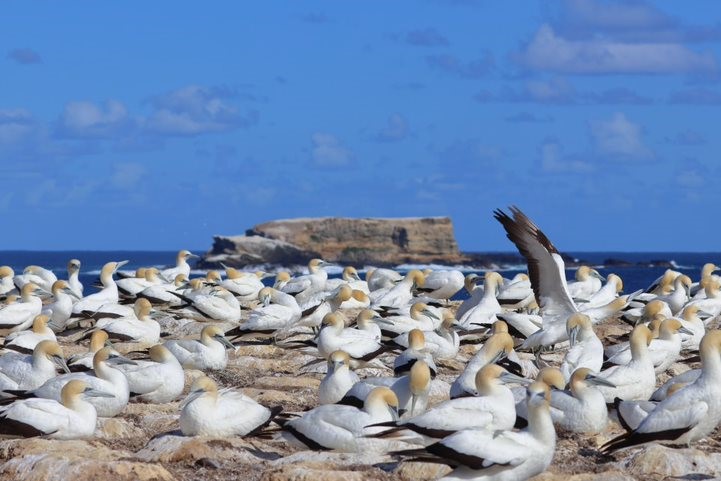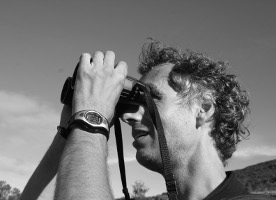
Prof. dr. Luc Lens
Terrestrial Ecology Unit
Department of Biology
Ghent University
K.L. Ledeganckstraat 35
9000 Gent Belgium
Phone: +32 (0)9 264 52 54
E-mail: luc.lens@ugent.be
Research vision
Individual-based ecology seeks to unravel the dynamics of animal populations by studying individual variation in performance, responses and strategies. Birds, with their well-documented behavioural and physiological traits, serve as our taxonomic focus to investigate both the immediate and long-term effects of (rapid) environmental change. Current research programs include both captive-bred and free-living individuals and cover topics such as parental investment, movement ecology, avian invasions, avian cognition, population genetics, infection dynamics and conservation management. Our research takes place in a variety of field environments, from state-of-the-art aviaries in Ostend, through coastal, urban and forested habitats in Flanders, to tropical rainforests in Africa and small islands off the Australian coast.
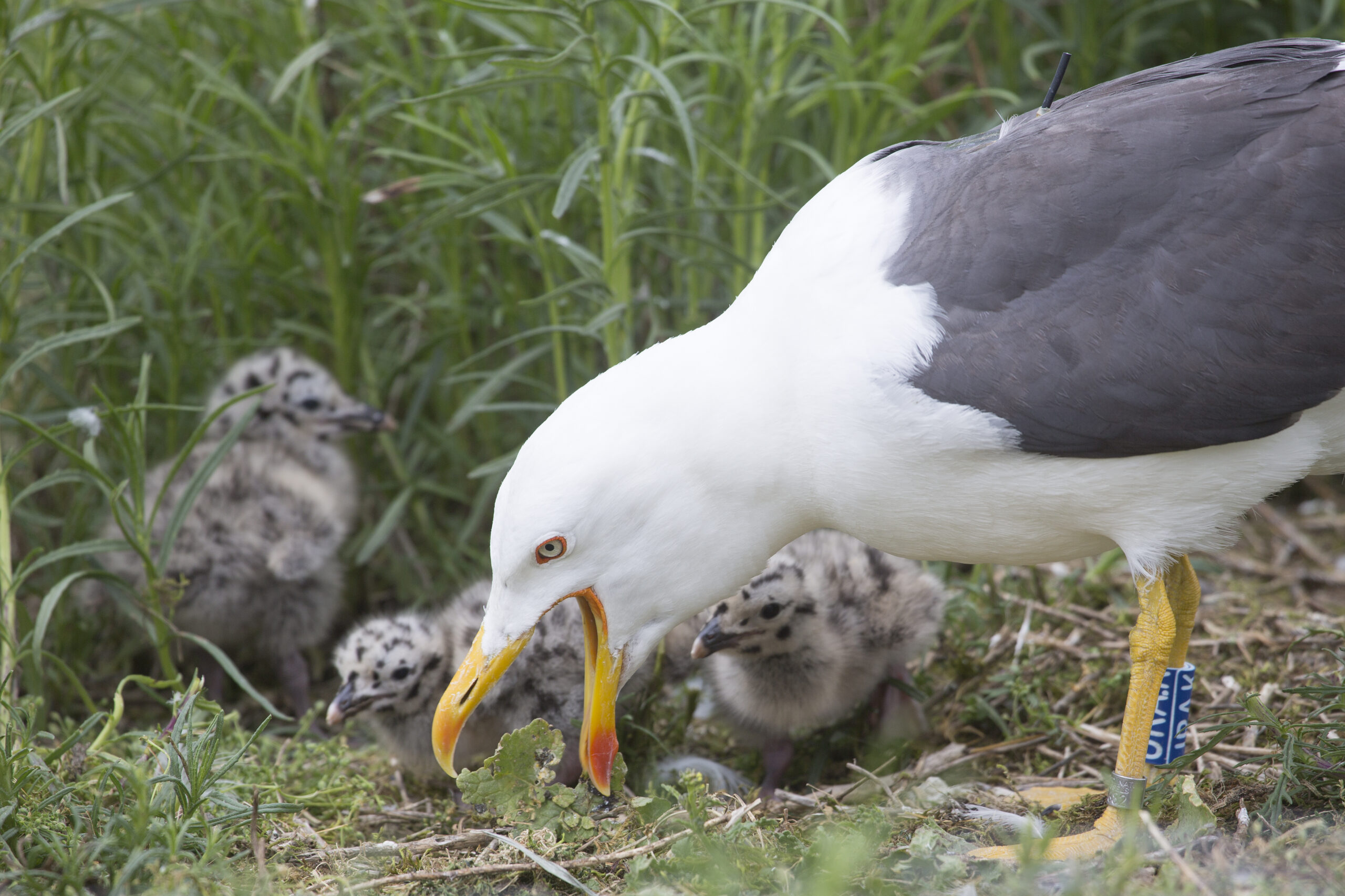
A hub for scientists
The Avian Ecology and Evolution Lab acts as a hub for national and international avian researchers, who exhibit the same variation in site fidelity as the subject of their study: some are year-round residents, others are mainly based at partner institutions with frequent dispersal, and a few embody true long-distance migrants or even vagrants. However, all AEE students share a common goal – to work towards a PhD awarded by Ghent University, often through a joint diploma (cotutelle) in collaboration with partner faculties or institutions, or to carry out a postdoctoral research program. The hallmarks of the AEE lab are scientific excellence and technological innovation, which we carefully foster through multidisciplinary collaboration with international experts and active engagement with conservation NGOs and citizens. Within UGent, the AEE lab is a founding partner of the Centre for Research on Cognition, Behaviour and Ecology of Animals, an open-ended collaborative research unit that brings together researchers from the Faculty of Psychology and Educational Sciences, the Faculty of Veterinary Medicine and the Faculty of Sciences.

Current research programs
The lab participates in several short- and long-term research programs that provide the necessary financial and logistical support. Some of these programs are led by AEE, while in others it mainly acts as a partner. Research is currently being conducted in the following six areas.
Forest structure and stress-mediated pathogen dynamics
This program focuses on quantifying the effects of chronic stress-mediated pathogen susceptibility in forests characterized by different tree species composition and degree of structural complexity. The primary research hypothesis is that reduced chronic stress levels in host species in more complex forests will result in reduced pathogen susceptibility at the individual level, leading to reduced pathogen prevalence within the community. AEE researchers work closely with colleagues from the bioengineering and veterinary science faculties.
Funding: UGent BOF Concerted Research Action (2020-2025)
PI: Dr. Diederik Strubbe, Prof. Luc Lens
PhD student: Bram Catfolis

Ecophysiology of bird distributions and invasion success
This program aims to improve our understanding of the distribution patterns of birds at both local and global scales. It focuses on testing the fundamental mechanisms that govern a bird’s ability to tolerate temperatures outside its thermoneutral zone. Unlike current ecological predictions, which rely on extrapolation from realized niches, this program explicitly aims to quantify fundamental (thermal) niches. It therefore addresses the question of how endothermic organisms manage the balance between heat production and heat loss, with a particular focus on native European and Afrotropical songbirds, and (sub)tropical birds introduced to Europe.
Funding: FWO bilateral agreement with Russia (2020-2022); FWO-WEAVE with Austria (2024-2027)
PI: Dr. Diederik Strubbe, Prof. Luc Lens
PhD students: Cesare Pacioni, Marina Sentis Villa
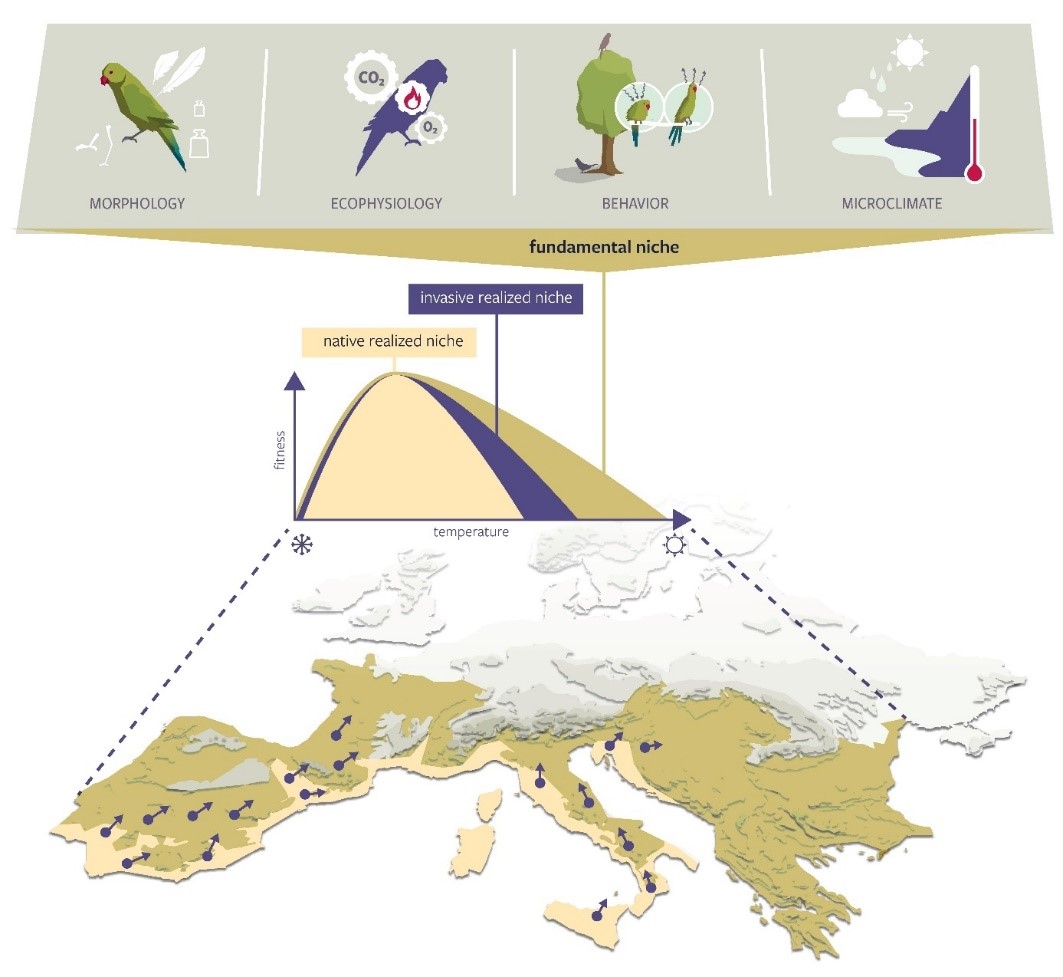
Life-history strategies of Afrotropical forest birds
Due to the year-round availability of food in the tropical zone, most (insectivorous) birds adopt a sedentary lifestyle with an extended breeding season. This contrasts with the temperate zone, where climatic constraints force birds to adopt a rapid reproductive strategy. These differences in environmental conditions set the stage for significant variation in social behaviour and life history strategies among tropical birds, particularly in the context of ongoing global change. Since 1994, the AEE lab has led the longest-running population study of the effects of forest fragmentation in sub-Saharan Africa, with a particular focus on cooperative breeding. In recent years, the lab has also been actively involved in two bird community studies in Ethiopia and has taken a leading role in a genomic study of the rapid evolutionary radiation within the genus Zosterops (until 2023).
Funding: FWO-WEAVE with Austria (2024-2027)
PI’s: Dr. Laurence Cousseau, Dr. Bea Apfelbeck (Salzburg University), Prof. Luc Lens
PhD students: Gladys Kung’u (Salzburg-Gent), Gelaye Gebremichael
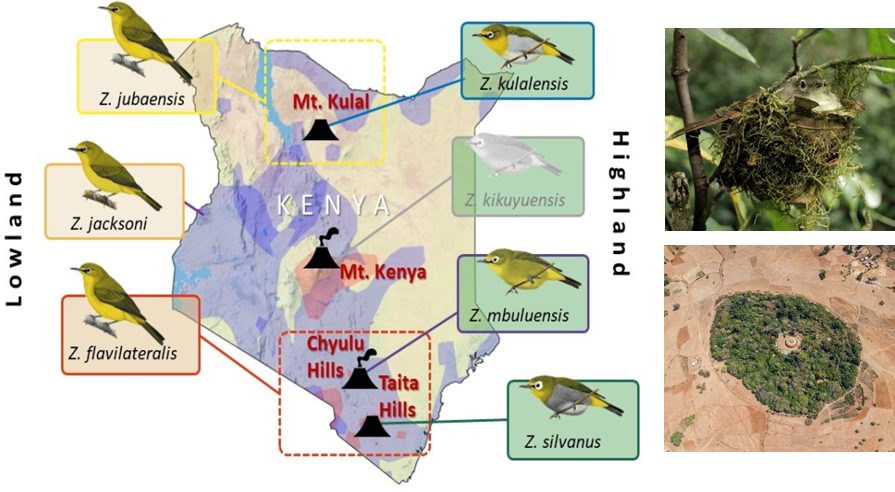
Avian cognition and its links to behaviour and fitness
The main aim of this program is to provide new explanations of how and why individuals differ in their ability to stop and change behaviour in response to unexpected events or changes in the environment. This concerns questions such as: (i) what are the underlying neurobiological and cognitive mechanisms that enable individuals to adapt their behavior; (ii) how do these mechanisms develop during an individual’s lifetime?; (iii) what are the consequences if individuals are better (or just less) able to adapt their behavior?; and (iv) how has the ability to adapt behavior evolved (and are there species that are better or less able to adapt their behavior)? This long-term program involves a variety of species and methods, ranging from controlled experiments in individual test arenas to detailed observations in mesocosms and GPS tracking in the wild. All researchers involved are also member of the CoBE lab (Faculty of Psychology and Educational Sciences).
Funding: UGent-BOF Methusalem Program (to Frederick Verbruggen) (2021-2027)
PI’s: Prof. Frederick Verbruggen, Prof. An Martel, Prof. Luc Lens
Postdocs: Dr. Alizée Vernouillet, Dr. Camille Troisi, Dr. Simon Braem
PhD students: Anneleen Dewulf, Wen Zhang, Sophia Knoch, Kathryn Willcox, Reinoud Allaert
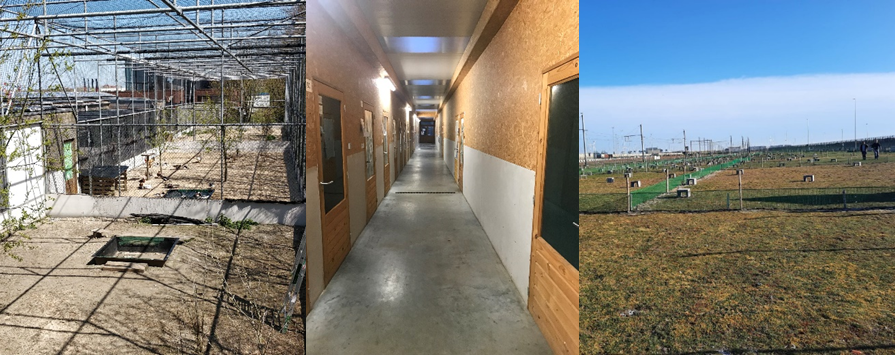
Navigating nature: exploring animal movements in changing environments
Movement ecology, the study of the movement patterns of animals in their natural environment, has made significant advances in recent years, due both to technological improvements in animal tracking devices, such as GPS and satellite telemetry, and to more sophisticated statistical tools available to analyse movement data. These recent developments provide opportunities to document and interpret animal movements in unprecedented detail. The AEE lab is actively involved in studies of movement ecology in a wide range of species and ecological contexts, from cognition and life history strategies in colony-breeding gulls, to group formation in cooperatively breeding tropical songbirds, infection dynamics in urban pigeons, and reintroduction programs for endangered vultures.
Funding: UGent-BOF Methusalem (to Frederick Verbruggen) (2021-2027); FWO-WEAVE with Austria (2024-2027); UGent-BOF personal grants (ongoing)
PI’s: Prof. Luc Lens, Prof. Frederick Verbruggen, Prof. Wendt Müller (UA), Dr. Eric Stienen (INBO), Dr. Lucy Mitchell, Dr. Bram Vanden Broecke (UGent-UA)
PhD students: Reinoud Allaert, Mélibée Morel (UA-UGent), Jolien Van Malderen (UGent-UA)
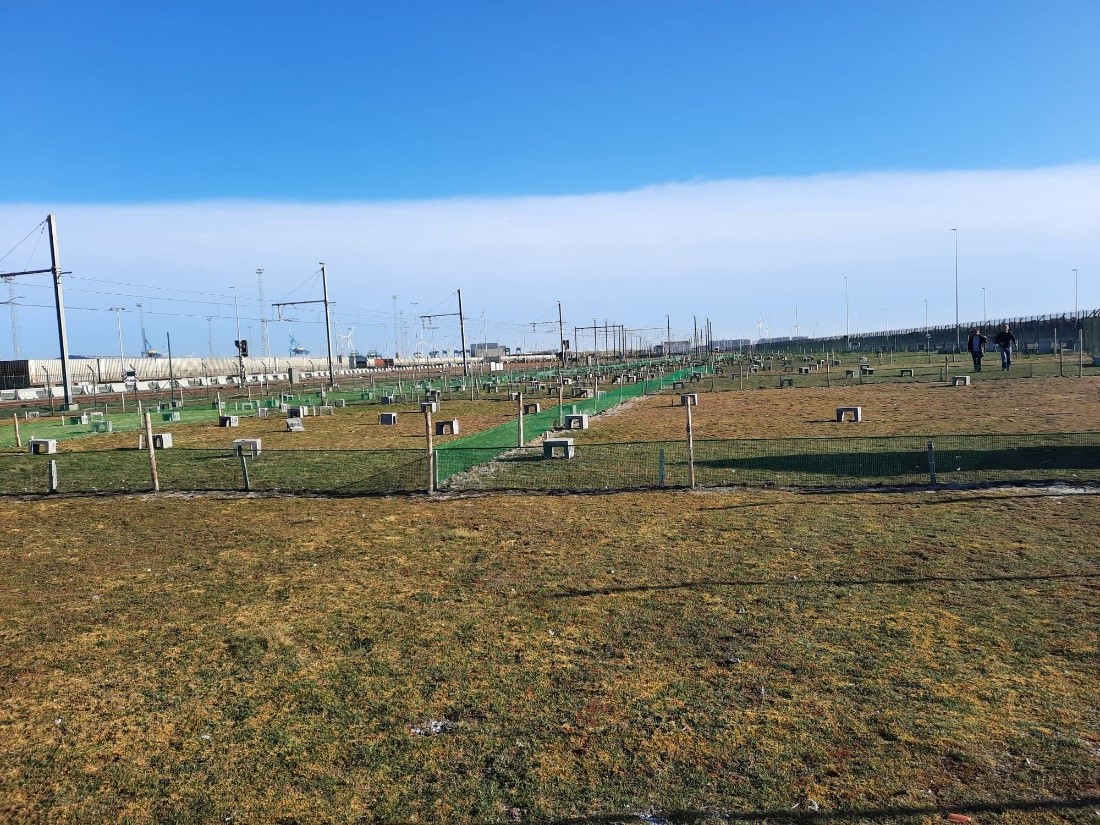
Conservation biology of threatened or data-poor species
While most of the above research programs have an indirect conservation focus, AEE is also involved in projects with the primary aim of collecting data directly applicable to the management of endangered species. Typically, these studies are conducted under the guidance of research laboratories with a strong conservation track record. Currently, three such studies are being conducted in collaboration with Deakin University (Australia) and one study with the Research Institute for Nature and Forest (INBO). The students involved are primarily based at these institutes and visit the AEE laboratory for shorter periods.
Funding: PhD grants Deakin University and INBO (ongoing)
PI’s: Prof. John Arnould (Deakin University), Dr. Eric Stienen (INBO), Prof. Luc Lens
PhD students: Thomas Cansse (Deakin-Gent), Aurore Counilh (Deakin-Gent), Alix Kristiansen (Deakin-Gent), Wouter Courtens (INBO-UGent)
